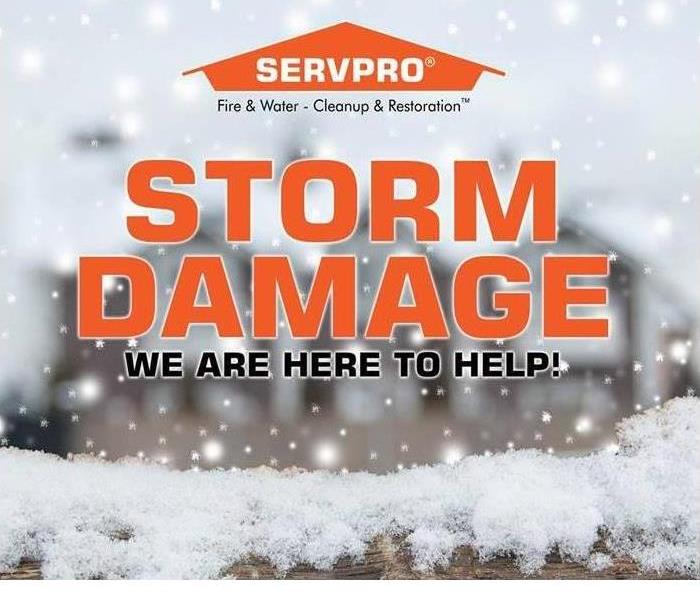What to do when you lose power during a storm.
7/8/2020 (Permalink)
When unexpected weather strikes and causes it is important for everyone to be prepared for a power outage that may last for several hours or days after a heavy storm. The National Public Service campaign, Ready Campaign, has shared the following tips regarding power outage:
Before a Power Outage:
- Build or restock your emergency preparedness kit, including a flashlight, batteries, casa, and first aid supplies.
- Make sure you have alternative charging methods for your phone or any device that requires power.
- Charge cell phones and any battery-powered devices.
- Know where the manual release lever of your electric garage door is located and know how to operate it.
- Learn about the emergency plans that have been established in your community.
During a Power Outage:
- Avoid using candles which can cause fires. Only use a flashlight for emergency lighting.
- Keep refrigerator and freezer doors closed. Most food requiring refrigeration can be kept safely in a closed refrigerator for about four hours. A full freezer will keep the temperature for about 48 hours.
- Put on layers of warm clothing if it is cold outside. Never burn charcoal for heating or cooking indoors.
- Only use generators away from your home, and NEVER run a generator inside a home or garage, or connect it to your home’s electrical system. Consult an electrician or engineer before purchasing and installing a generator.
After a Power Outage:
- Throw away any food that has been exposed to temperatures of 40*F (4*C) for two hours or more. When in doubt, throw it away.
- If food in the freezer is colder than 40*F and has ice crystals on it, you can refreeze it.
- Contact your doctor if you’re concerned about medication having spoiled.
- Store at least a three-day supply of non-perishable food.
- Choose foods your family will eat.
- Remember any special dietary needs.
- Avoid foods that will make you thirsty.





 24/7 Emergency Service
24/7 Emergency Service
